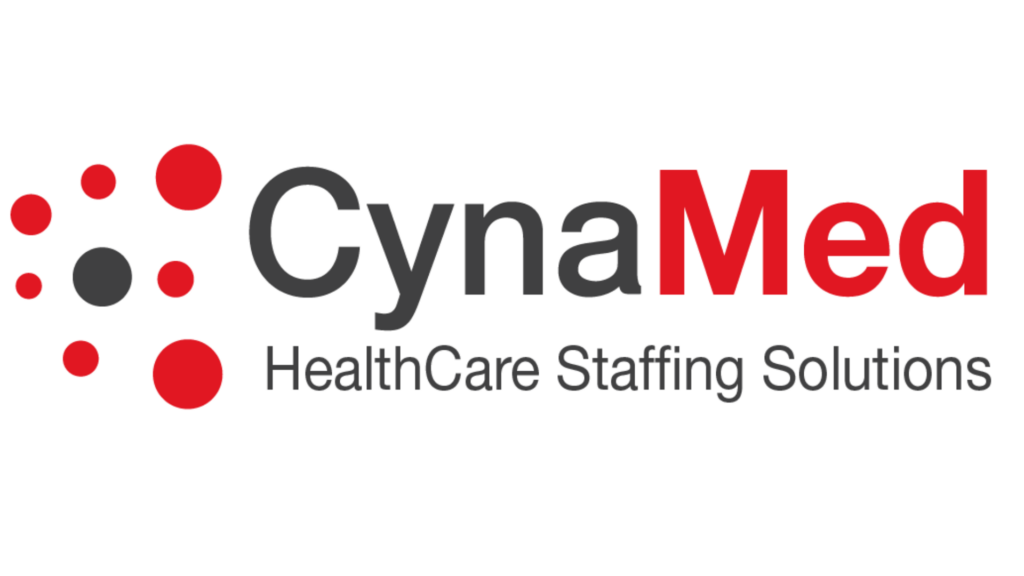Once you have completed the nursing process, you must begin the nursing diagnosis. It’s time to judge the patient based on your analysis. You are putting your medical training into work to cultivate a response in writing. As a nurse, the patient’s response to their illness must be communicated effectively to the medical team. Understanding a nursing diagnosis and why it is essential is the first step to mastering the procedure.
What is a Nursing Diagnosis?
A nursing diagnosis is a medical verdict concerning a human response to health conditions or life processes. Each patient will exhibit their own nursing diagnosis. RN jobs require an in-depth understanding of definitions and defining characteristics so that their diagnosis is the most accurate to their patient’s ailment. It would help if you took advantage of the resources available in your medical community to stay up to date on modern terminology.
If your healthcare setting doesn’t have medical resources, NANDA International is a global professional nursing organization that gathers nursing terminology. You can find the most up-to-date language for actual or potential health responses to disease, trauma, and many other health problems. Also, older terminology is considered retired and removed from this list. Furthermore, to keep NANDA organized, there are four main types of nursing diagnoses.
Four Types of Nursing Diagnosis
To standardize language, there are four categories for a nurse’s clinical judgment.
Problem-focused Diagnosis
To make a problem-focused diagnosis, signs, and symptoms must relate to the health condition or problem. It’s imperative to find a pattern between the undesirable human response and the life condition.
Risk Diagnosis
When assessing a risk diagnosis, the nurse will consider the susceptibility for a particular group, community, family, or individual in acquiring an undesirable human response. The risk diagnosis can have the highest priority for a patient’s nursing care plan in some cases. You must connect the risk factors to the health condition or problem to offer clinical judgment on risk.
Health-promotion Diagnosis
Health promotion encourages wellness and involves the family and community of the patient in the nursing care plan. This improves the patient’s knowledge on enhancing specific health behavior to promote well-being and coping skills.
Syndrome Diagnosis
When presenting a syndrome diagnosis, a nurse will identify a cluster of nursing diagnoses that happen and begin treatment simultaneously.
Maslow’s Hierarchy of Needs
When determining what step in the diagnoses process to highlight and treat first, a nurse must utilize Maslow’s hierarchy of needs. This allows the nurse to make a swift nursing care plan through rapid clinical judgment, especially in critical situations. When treating a patient, begin at the bottom of the hierarchy of needs chart. Begin by assessing the safety of the patient, then start working on minor invasive procedures. Next, you must address acute versus chronic symptoms, and then you must decide what problem has more potential to hurt the patient by choosing. Focusing on prioritizing safety by assessing the ABCs of clinical judgment will get you to the top of the hierarchy.
Nursing Diagnosis Versus Medical Diagnosis
Remember that a nursing diagnosis is not a medical diagnosis. A medical doctor or specialist gives the medical diagnosis. Meanwhile, a nursing diagnosis is a response to the medical diagnosis. Having a nurse assess the patient will isolate individual symptoms that relate to a condition. For example, say that a medical diagnosis is asthma. The nursing diagnosis would be something along the lines of the patient is experiencing an unsuccessful breathing pattern related to impaired inhalation and exhalation as evidenced by retractions.
Becoming an RN
A nursing diagnosis will become second nature to you during an RN job. When you are ready to pursue a nursing career or looking for new RN jobs, please don’t waste time searching for RN jobs near me on google. CynaMed is a top-rated nursing staffing agency that works with reputable health care facilities to place nurses in their dream roles. Contact us today to find the perfect position to match your experience, availability, and skill set.






